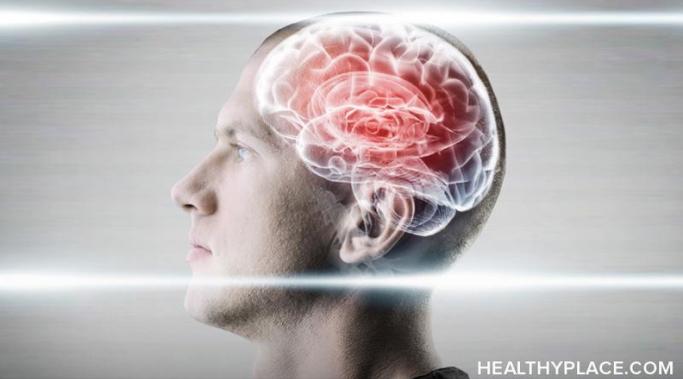Blogs
Many years ago, I took a prescription drug that had an intolerable side-effect: severe anxiety. I couldn't sit still. I couldn't concentrate. I felt like I was coming out of my skin. After about six weeks I couldn't stand it anymore and my doctor prescribed a different drug. Though I live with chronic, problematic anxiety, it rarely rises to the level of what I experienced while on that drug. I wonder about people who struggle all the time with such severe anxiety and panic attacks. I wouldn't have been able to function if I'd had to keep taking that drug. How do other people cope with debilitating anxiety disorders?
The use of restraints--whether metal ones used by police and/or private security or the leather ones used in an inpatient setting--is one of the dirty secrets of mental health. Due to the destructive nature of some symptoms of borderline personality disorder (BPD), it is something of an open secret for us.
Schema therapy shows considerable potential in treating borderline personality disorder (BPD). In this video, More Than Borderline's, Becky Oberg, explains how schema modes affect the conduct of a person with BPD.
Last November, Jen Selk wrote a blog post titled The Weight. “I wanted to tell the truth about how I'd secretly harbored more than a decade of negative, damaging, unhealthy and untrue thoughts about my body,” says Jen. She voiced the body image and weight struggles so many women live with. Jen says The Weight was the most popular thing she’s ever written.
In my last article on the biological evidence for depression I discussed evidence in genes, hormones, monoamines (like serotonin) and neuroimaging. Today I’ll finish off the research areas for the biological evidence of depression and suggest what I think all this biological evidence means.
Anxiety fills a room, even if it's empty. Uncanny but it manages, almost every time. The claws in my head grow wings, sprout tentacles, take over: my room, the house, the neighbourhood, and soon entire nations... What?! Oh, wait.
Gradually, then all at once. That's how this stuff works because of course at first I am only dimly aware of it. It's not really an issue. The panic isn't big enough I'm tripping over it. Yet.
Beyond black and white thinking
It's almost a year to the day the judge awarded primary physical custody to my abusive ex-husband. My attorney was as surprised as I was. My attorney said that the best she could figure (without being allowed to see the interview documents, if there were any), was that my older son elected to be with his father because of his anger toward me, and the judge decided for keeping the kids together.
I am very grateful to hear that many people have been asking about me and wondering about the return of "Surviving ED." I have taken this time off to take care of myself during my ongoing recovery from anorexia. I didn't have a relapse and I am still at my healthy weight. However, I needed to take some time to care for myself because of some ongoing issues in my personal life. I have been struggling with a great deal of anxiety and depression because of these issues and felt it was best to take some time off from writing.
Sometimes anxiety makes it seem perfectly acceptable to throw the baby out with the bathwater, in search of calm and peace. Even if that results in hating myself because it feels like I'm reaching for something I can never have. So what's the solution? Be someone else, of course!
Common messages spread by certain special interest groups are that “mental illness doesn’t exist” and “there is no biological evidence for mental illness.” It’s not surprising I take great exception with these claims. So do most doctors.
But the brain is an extremely complex organ and refuting the above notions is hard. It’s not a two-word response. So, I’m going to attempt to give a two-part overview, in plain English, of some of the research around the biology of major depressive disorder according to a meta-analysis done in 2010 (see below).







